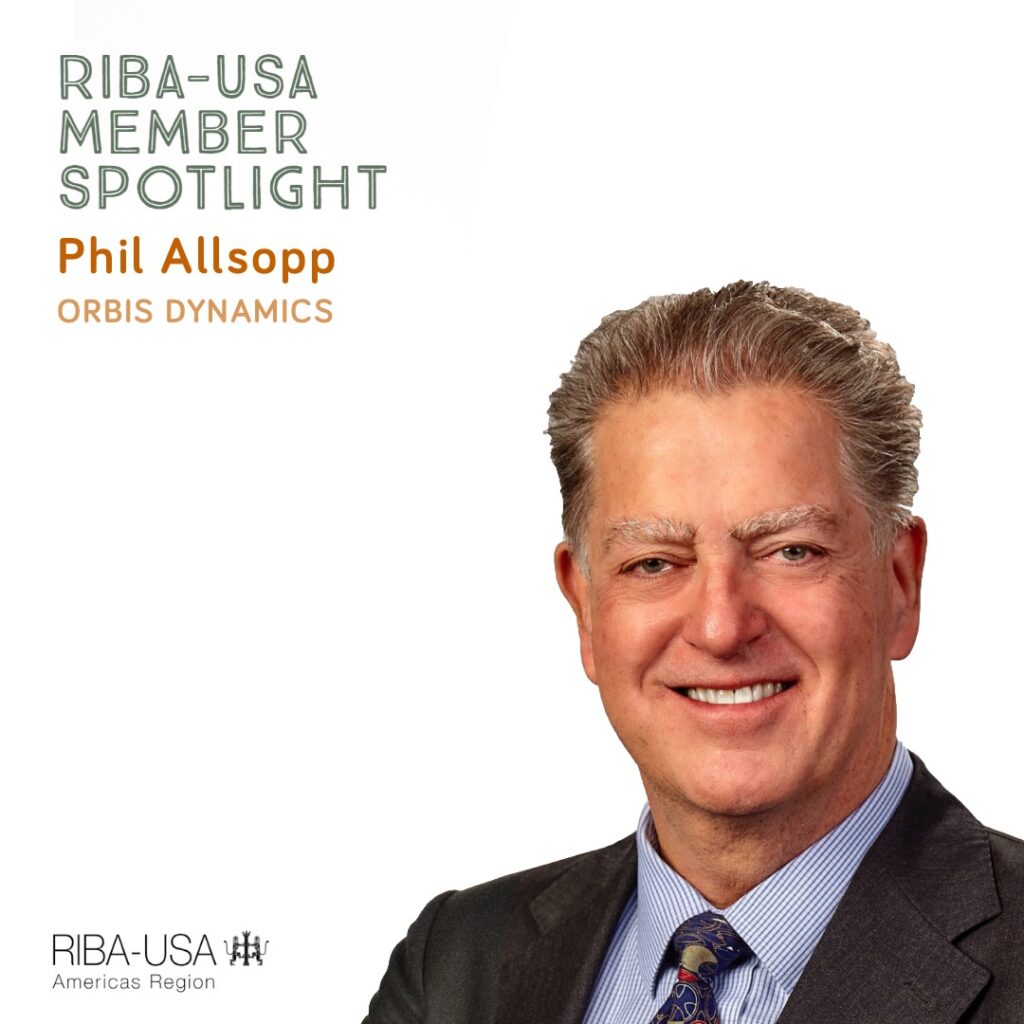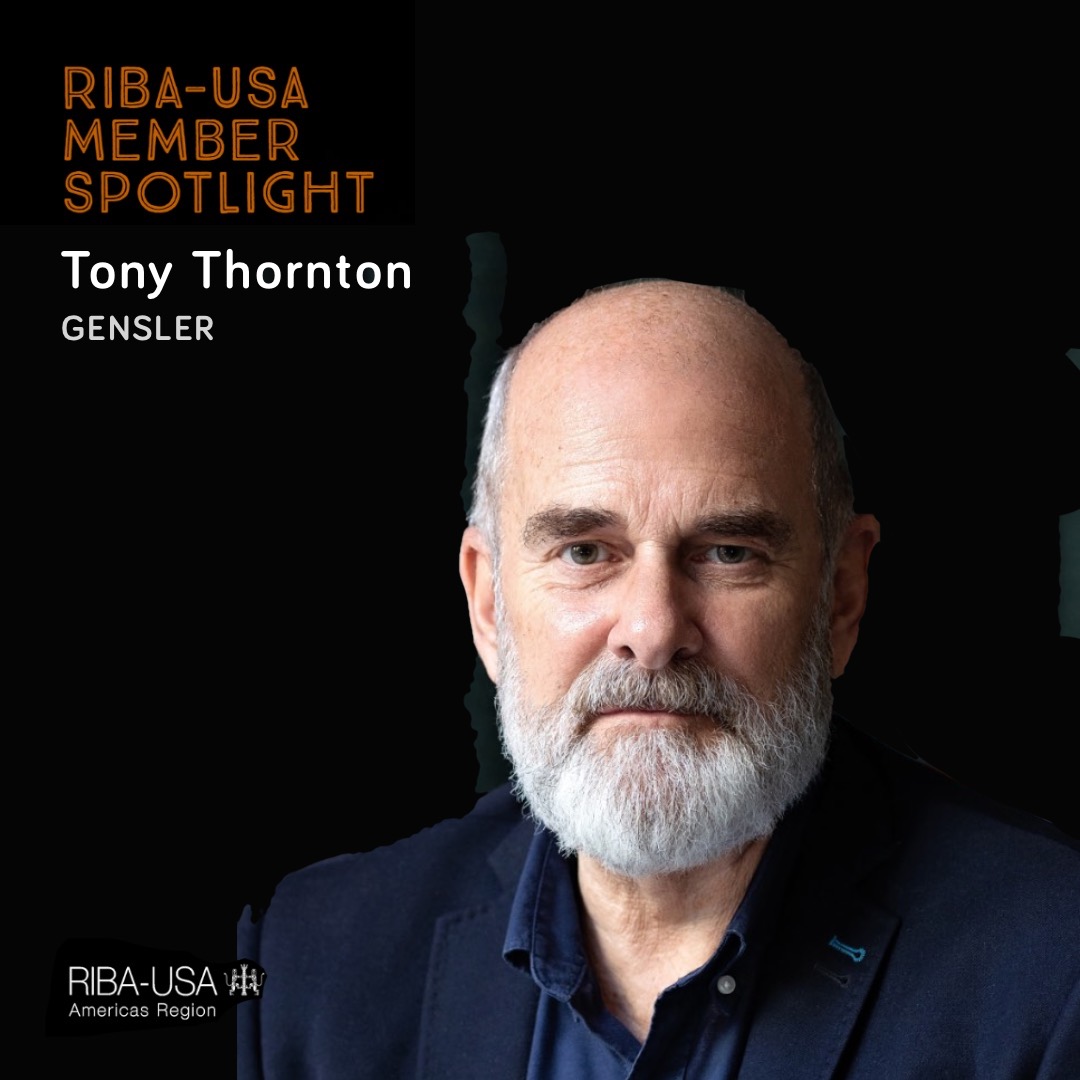
Phil Allsopp
Phil leads ORBIS Dynamics’ Observatory services and operations, comprising multi-disciplined professionals curating and developing advanced simulation, digital twin, visualization and AI technologies. The Observatory’s purpose is to create both physical and virtual environments to enable and encourage collaborative discovery, spanning urban futures to more detailed engineering and product design. Phil’s continuing professional work and research has been focused on the application of complex and adaptive systems for improving the livability and prosperity of cities, addressing ballooning ecological, social, and economic crises arising from urban growth and intensifying climate challenges. He is Senior Scientist and Adjunct professor with Arizona State University’s Global Futures Laboratory and a frequent keynote speaker including for the World Health Association’s Healthy Cities initiative, Smart City programs, and on the ways and means for reshaping urban infrastructures for improving wellbeing and reducing the social and economic burden of chronic disease.
After completing his professional education in Architecture at Kingston University, London and becoming a licensed architect, he conducted post graduate research at the University of Wales in environmental physics and energy conservation. Phil went on to serve with Britain’s National Health Service in Oxford as a senior researcher on a team developing computational design, simulation, and analytic systems for built environments and digital mapping applications. For his work, Phil received a Queen Elizabeth II Jubilee Award which took him to Columbia University in New York where he earned an M.S. in the public health field for his research into the spatial DNA of health facilities and its influence on patients, staff, operational performance, and costs. He emigrated to the United States as a US Public Health Service Fellow working with the Office of the Surgeon General in Washington DC. He was responsible for conducting regulatory, technology, and economic assessments of emerging diagnostic technologies and their system wide impacts on human health and public and private health care programs.
His career experience includes the use and development of non-linear simulation and digital twin software systems for a wide range of health care, financial, insurance, transportation, built environment, national security, and law-enforcement clients. Phil has held practice directorships and officer roles with Electronic Data Systems, A.T. Kearney, and SAIC; as Chief Analytics Officer of a major U.S. health insurance company; and as CEO of the Frank Lloyd Wright Foundation based at Taliesin West in Scottsdale, AZ. Phil has also worked extensively on the application of computational design and system dynamics systems to urban policy simulation and the design, manufacture and precision assembly of mass timber and bio-based materials for high performance housing. Locally Phil’s work with the Gila River Indian Community has on tribal challenges of inadequate housing and its direct impact on chronic disease, crime prevention and disconnected youth.
Phil has also served as a Commissioner for the City of Scottsdale’s General Plan and in May 2023 was elected to serve on the Royal Institute of British Architects Council representing The Americas Region. He also chairs the RIBA’s Expert Advisory Group on AI, Computational Design and Data. Phil and his wife, Lauren, live in Scottsdale, Arizona.





